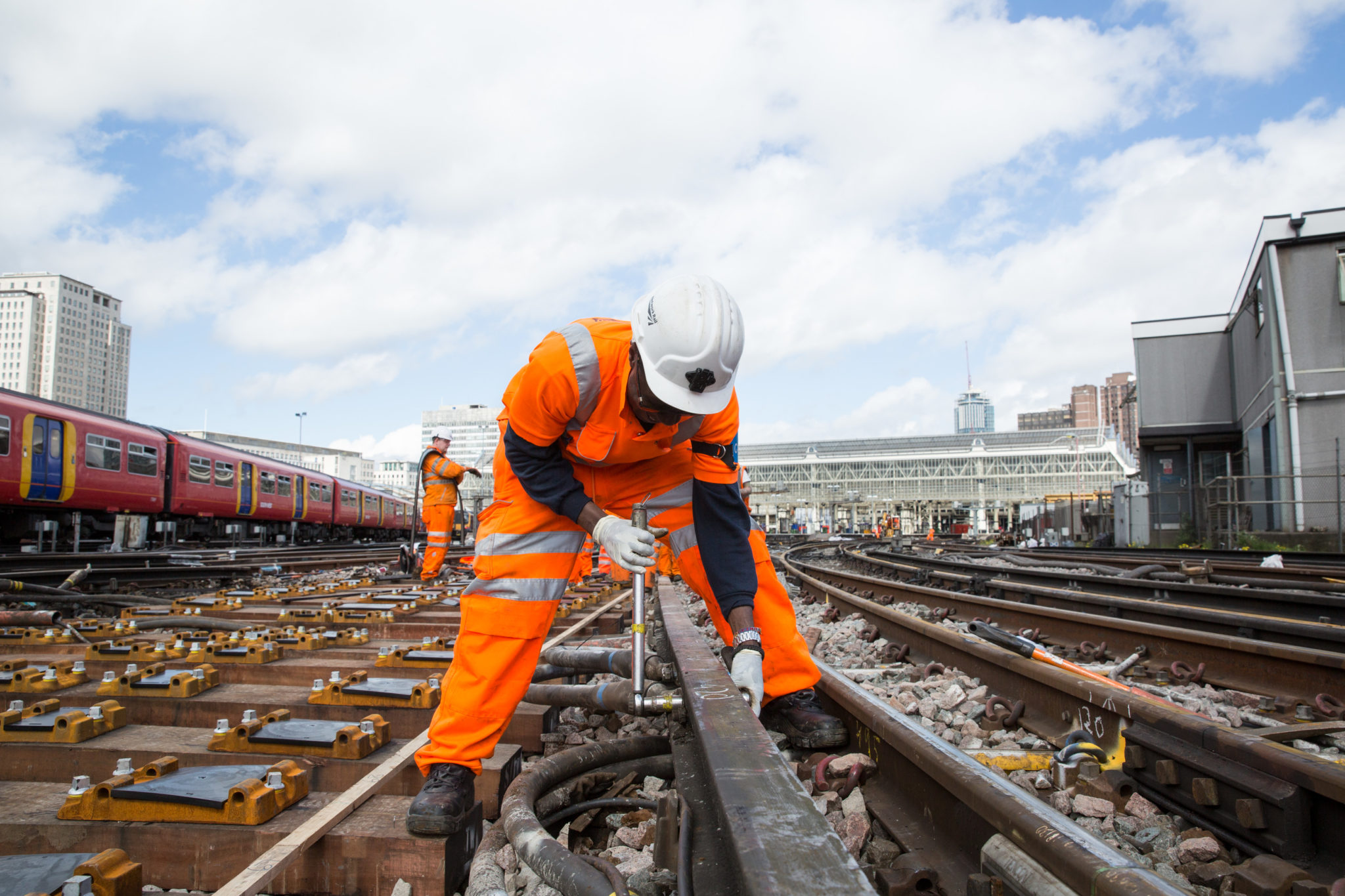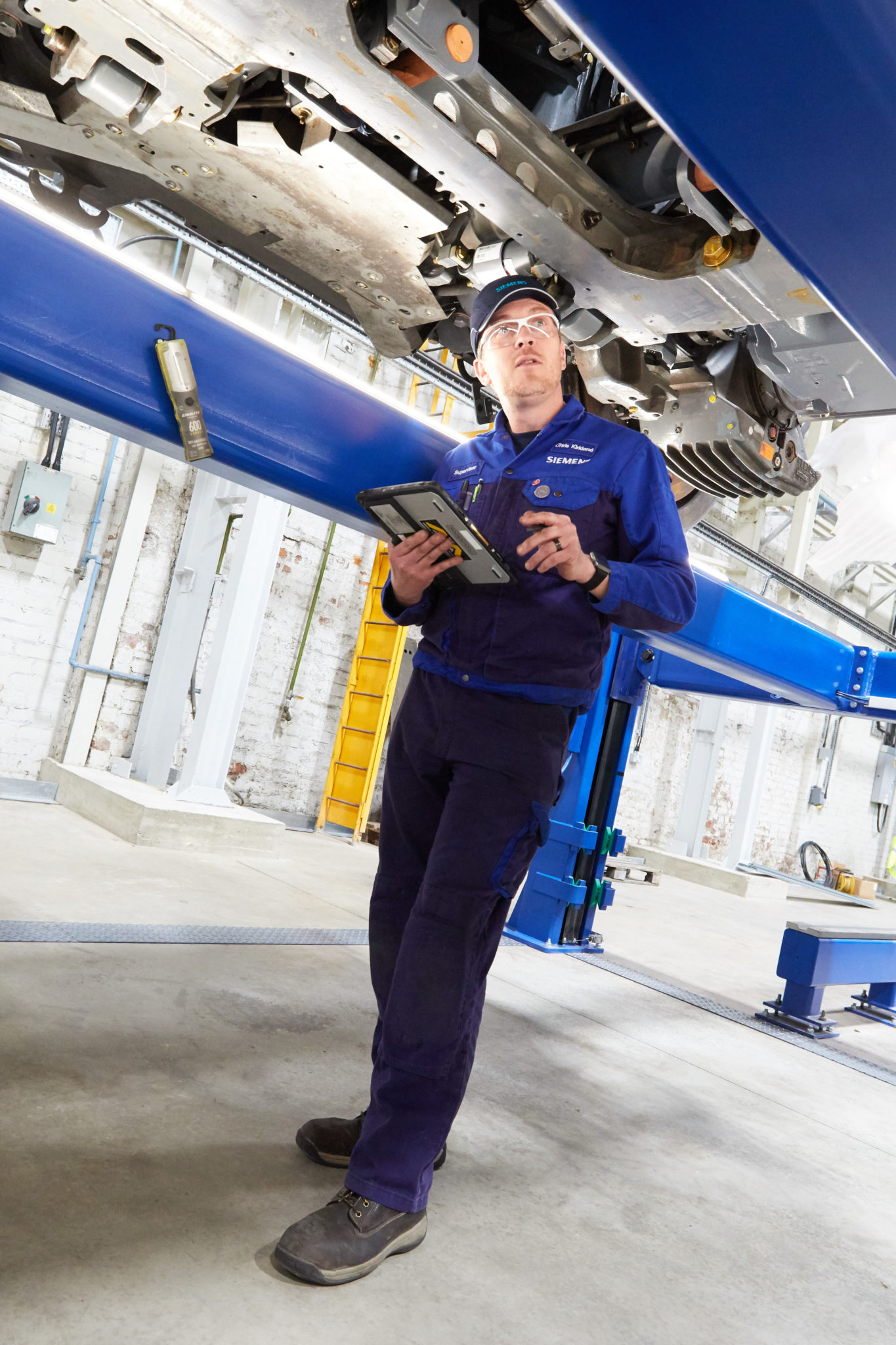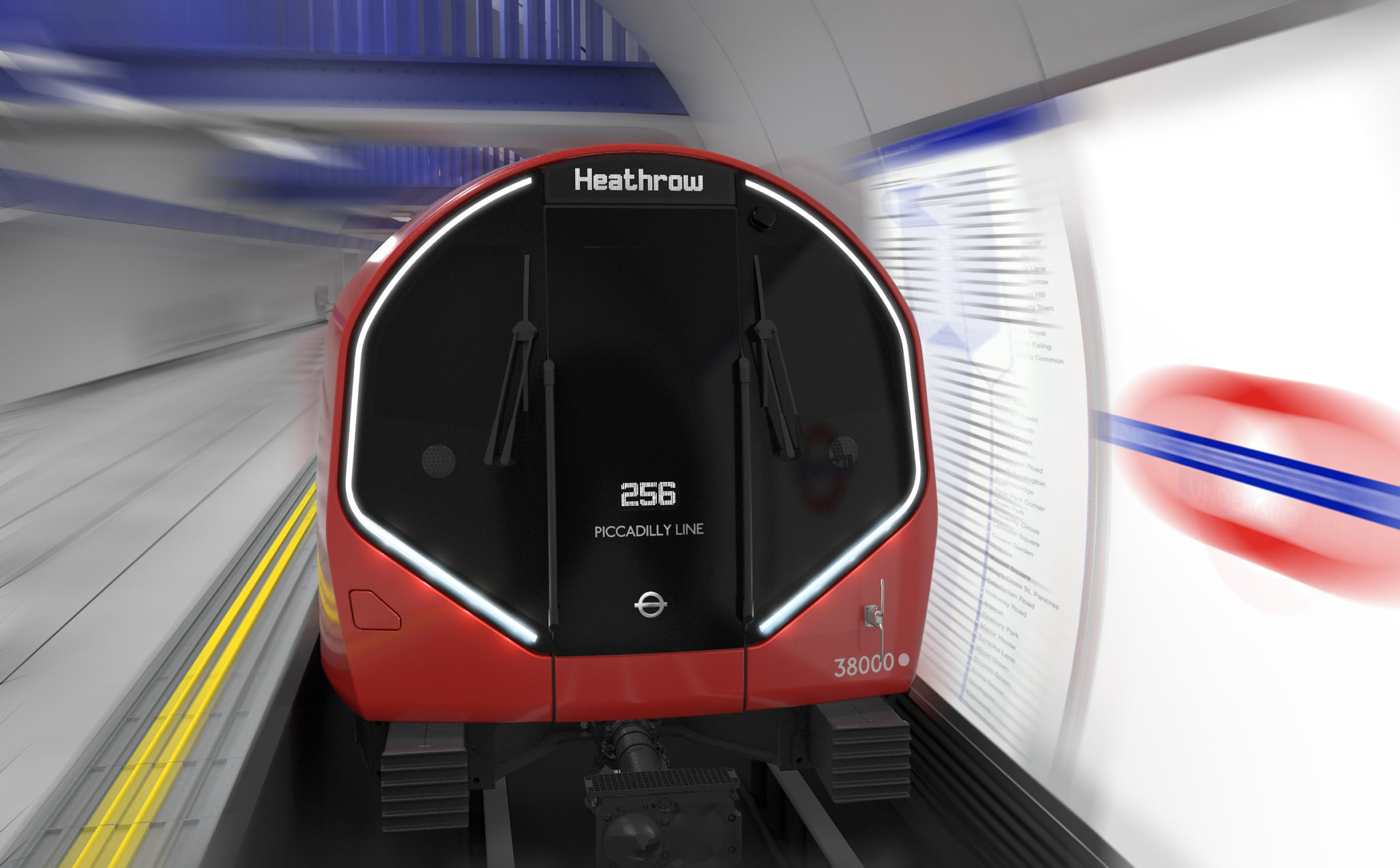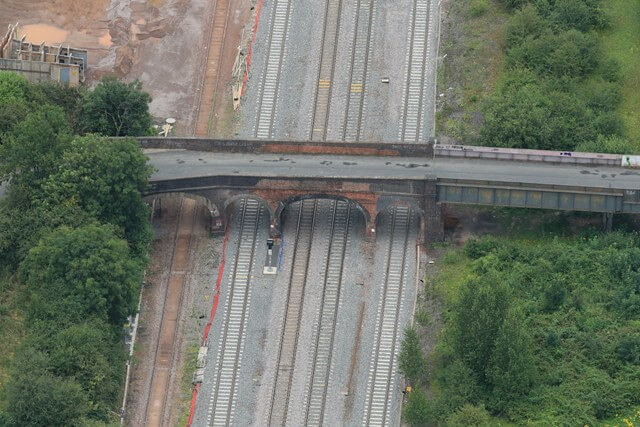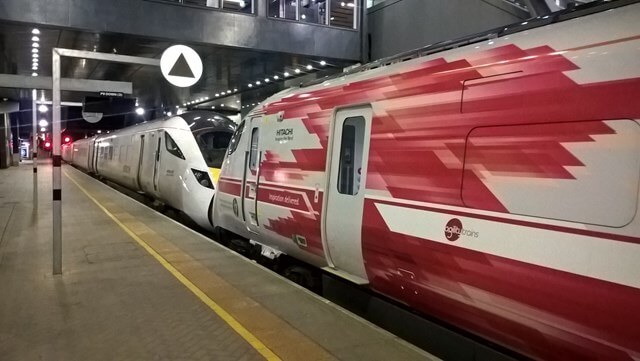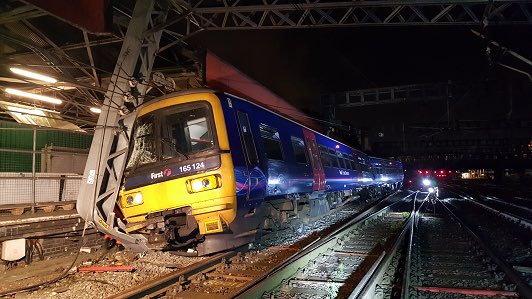A range of upgrades are to be carried out on the Waterloo Line in southwest London on the August bank holiday weekend. The works will be carried out when fewer than half of the normal 4.5 million daily passengers will be using the line. The works will deliver signalling and points upgrades, as well as track and station improvements.

The works will include upgrades of points, the installation of signalling and communications equipment, track renewal, and surface renewal on platforms at Wandsworth Town station. The upgrades will improve the reliability and resilience of the railway, which is one of the most used segments of the UK’s rail network. The works are a continuation of the works that took place over Easter 2016.
Samantha McCarthy, Finance Director of Network Rail’s Wessex route, said:
“Waterloo is Britain’s busiest station with nearly 100 million journeys each year, and the lines that serve Waterloo are some of the most densely used in the country. Hundreds of thousands of people across the south will benefit from the upgrades we’re carrying out this August, and from our Railway Upgrade Plan for a better, more reliable railway.
“While the work will cause some temporary inconvenience, we have timed our upgrades to minimise disruption as much as possible and people using the lines into Waterloo will ultimately benefit from a more resilient and more reliable railway.
“The majority of the railway will be open, but passengers should check before they travel to avoid any problems getting to their destinations.”
Limited services will continue to run, but passengers are urged to check before they travel.
Infrastructure manager Network Rail is currently undertaking a national rail improvement programme. The works are the most comprehensive to be carried out on the UK’s railways since the Victorian era, delivering a safer, faster and more economical railway for passengers and freight. The works are being carried out using cutting-edge technology and techniques to minimise disruption to travel.

















